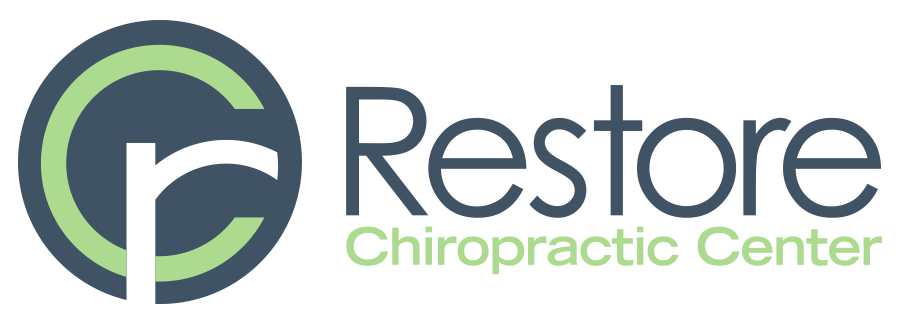I had a conversation with someone this morning asking about how we can help with recovery from a concussion. She was describing her son’s friend, an 18-year-old girl that has had 3 concussions in the span of a few years. She’s been experiencing neck pain along with consistent, intense headaches that are triggered by many things, one of the biggest culprits is screens. Not too convenient with remote learning. In addition to the physical pain she’s experiencing, it’s taking an incredible toll on her mental health. She’s been experiencing depression and anxiety that she’s sought medication to help with. She’s also met with a neurologist, whose answer was more and more medication.
My heart broke for this family. For this teenager having to deal with intense physical pain and mental stress, the frustration with lack of answers, and what she’s missing out on because of it. For the mother, watching her daughter suffer and grasping for any way to help her.
What I shared was that absolutely we can help. We’ve seen many people experiencing what is referred to as Post-Concussion Syndrome. This is where the effects of a concussion last beyond 30 days and include headaches, migraines, vertigo, trouble concentrating, fatigue, and memory issues. What we find that contributes to these symptoms, is the injury that causes the head trauma also causes trauma to the spine, more specifically the structures in the upper cervical spine. One study has found that it takes 60g-force to cause a concussion in an adult, while only 10g-force to damage ligaments in the neck. So you can’t have a concussion without injury to the neck also.
This injury to the neck is what we evaluate and help correct. Specific adjustments to the upper cervical area help correct this injury, and the symptoms it is causing. It also helps balance the nervous system and stimulate the immune system for healing.
We’ve seen many patients suffering from Post-Concussion Syndrome, like Sarah.
Sarah started care with us at 15 years old after suffering two concussions the previous year from volleyball. She had constant neck pain, chronic headaches and migraines. Any computer or screen would cause a headache. Even white paper (because it was so bright) would trigger a headache. As you could imagine – she was struggling with school. At 15, she was on two different migraine medications, sleep medication, a muscle relaxant, and anti-anxiety and antidepressant medications. Her parents were distraught – she wasn’t the same, vibrant, full-of energy-girl they knew.
Sarah has improved so much. As she began care, her headaches began to lessen, her neck pain lessened, and she was able to reduce medication as well as return to school and do her homework. We still see her, and she can’t even remember the last time she had a headache. She’s graduating high school early and is so excited for her future!
So if someone you know has had a concussion or head injury, please share this information with them. We would love to talk with them, answer any questions they may have, and ultimately help them live their life again – like Sarah.




